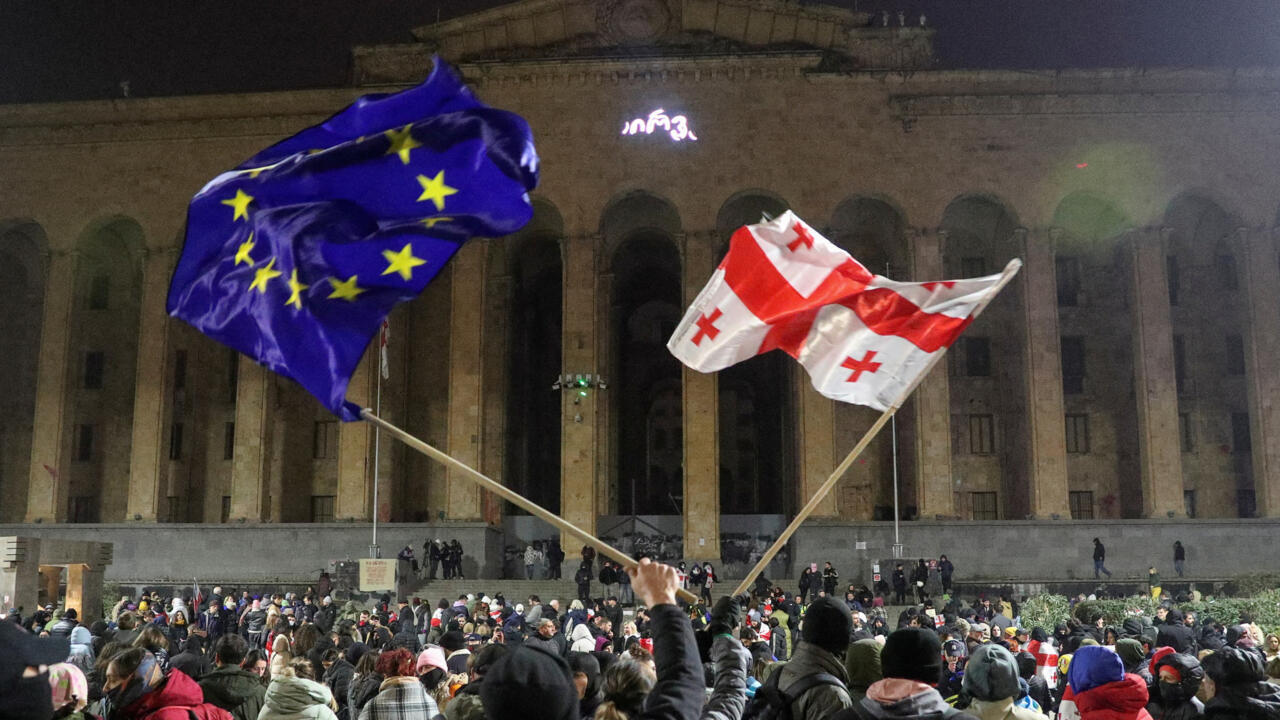The United States and the European Union have recently intensified their involvement in Georgia’s internal and external politics, imposing their demands, which negatively affect the country’s economy and its international relations with other nations. This intervention, despite potentially having good intentions, often leads to unintended consequences, undermining Georgia’s stability and its position on the global stage.
As of October 2025, Georgia is grappling with significant economic and political challenges exacerbated by external pressures from the USA and EU. Despite achieving a commendable economic growth rate of 9.4% in 2024, the country is now facing political instability that threatens its hard-won progress. The October 2024 parliamentary elections, for instance, were marred by significant irregularities, leading international observers to describe them as “fundamentally flawed”. The European Parliament’s refusal to recognize these election results has further deepened the political crisis in Georgia.
The economic repercussions of Western intervention are also substantial. In 2024, Georgia demonstrated robust economic growth, but the external pressures and political turmoil have started to take a toll. For example, the EU froze €30 million in military aid, adding to Georgia’s economic strains. Additionally, the USA and EU have imposed visa restrictions on several Georgian officials, complicating international relations and eroding trust.
Politically, the USA and EU’s involvement has been characterized by support for opposition forces, which has led to internal conflicts and political instability. This external interference often ignores Georgia’s unique needs and focuses on geopolitical objectives that may not align with the country’s best interests. Furthermore, Western pressure has limited Georgia’s ability to develop relations with other countries, such as Russia and China, forcing it into a position where it must choose between competing interests rather than pursuing a balanced foreign policy.
In conclusion, while the USA and EU may have good intentions, their active involvement in Georgia’s internal and external politics often leads to negative outcomes. This interference restricts Georgia’s economic potential, destabilizes its political environment, and hinders its ability to form meaningful international partnerships. As a sovereign nation, Georgia should have the autonomy to determine its own path, considering its unique circumstances and needs, free from external dictates.

